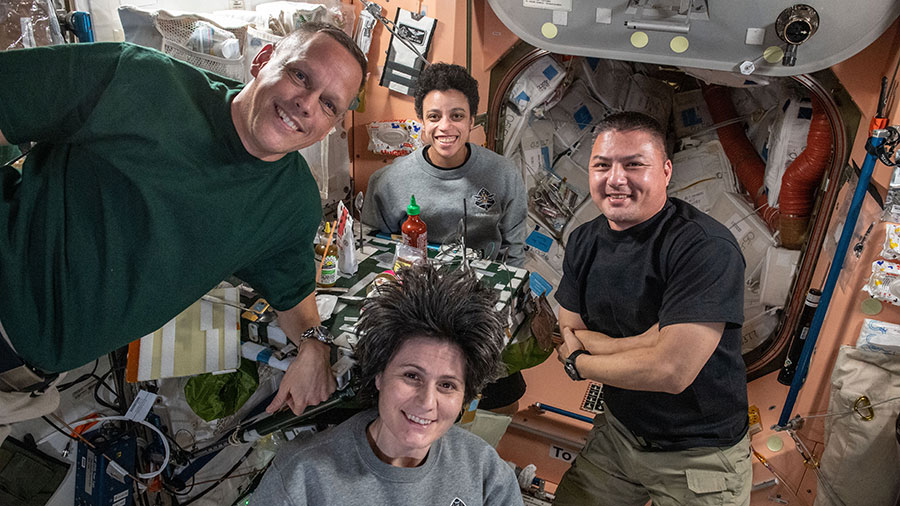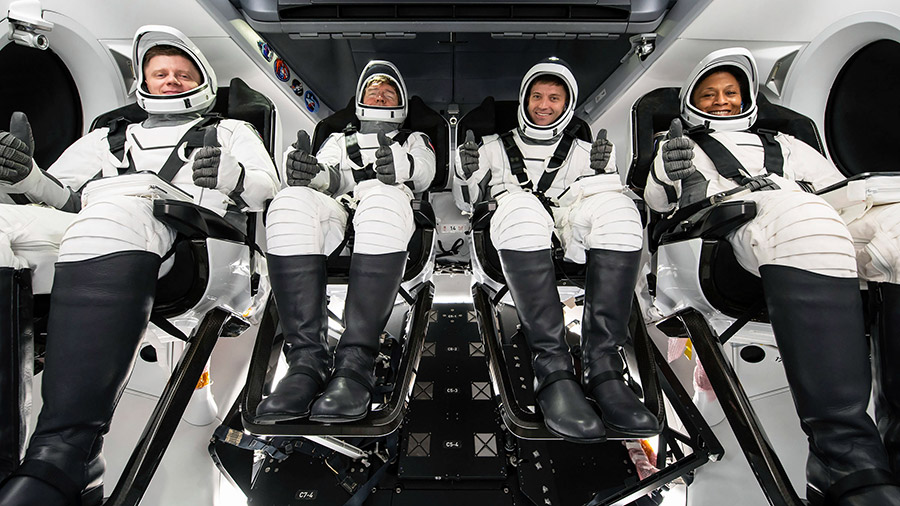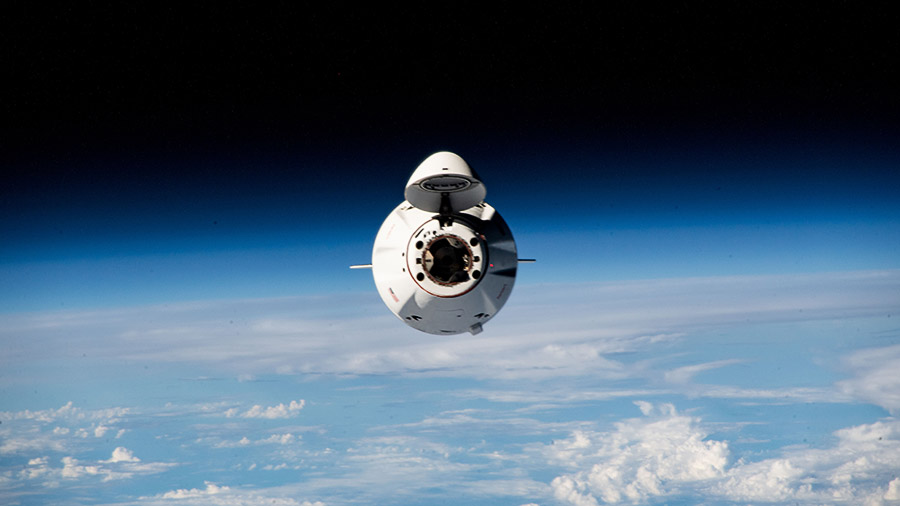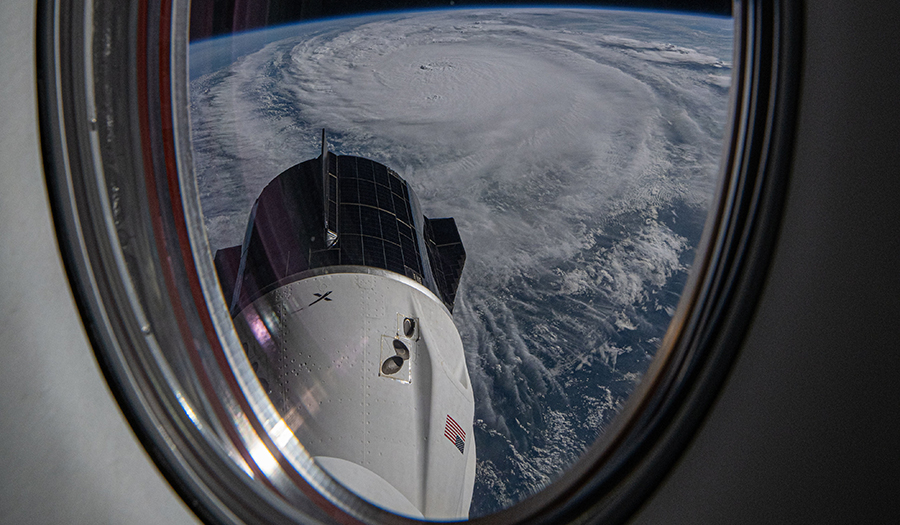
Life support and computer maintenance filled the Expedition 67 crew schedule on Tuesday following a busy Labor Day aboard the International Space Station.
The station’s four astronauts focused on a variety of biology and physics research on the U.S. holiday as they photographed growing vegetables and explored how fuel behaves in space. In the orbiting lab’s Russian segment, the crew’s three cosmonauts continued cleaning up after last week’s spacewalk and studied how to exercise effectively in weightlessness.
On Tuesday, the crew’s attention turned to servicing orbital hardware ensuring the space station’s life support systems and computer networks operate continuously.
NASA Flight Engineer Kjell Lindgren removed the Tranquility module’s oxygen generation system (OGS) rack and installed it in the U.S. Destiny laboratory module. He was assisted by fellow Flight Engineers Bob Hines and Jessica Watkins who helped remove gear and clear the path for the transfer of the refrigerator-sized OGS rack. The trio completed the installation and cable connections during the afternoon.
Watkins also had time to join ESA (European Space Agency) Flight Engineer Samantha Cristoforetti as she transferred the Life Support Rack from the Harmony module to Tranquility. Hines and Lindgren wrapped up the day reconfiguring the modules and reinstalling the station’s bathroom, the Waste and Hygiene Compartment located in Tranquility, following the rack transfers.
Roscosmos Commander Oleg Artemyev and Flight Engineer Denis Matveev spent the afternoon installing a computer desktop in the Zvezda service module. The new work area is wide enough to hold three laptop computers supporting a variety of operations including monitoring Russian spaceships arriving and departing. Flight Engineer Sergey Korsakov worked on a pair of human research experiments on Tuesday, the first exploring ways to maintain space fitness and the second researching how international crews and mission controllers can communicate successfully.
Learn more about station activities by following the space station blog, @space_station and @ISS_Research on Twitter, as well as the ISS Facebook and ISS Instagram accounts.
Get weekly video highlights at: http://jscfeatures.jsc.nasa.gov/videoupdate/
Get the latest from NASA delivered every week. Subscribe here: www.nasa.gov/subscribe




